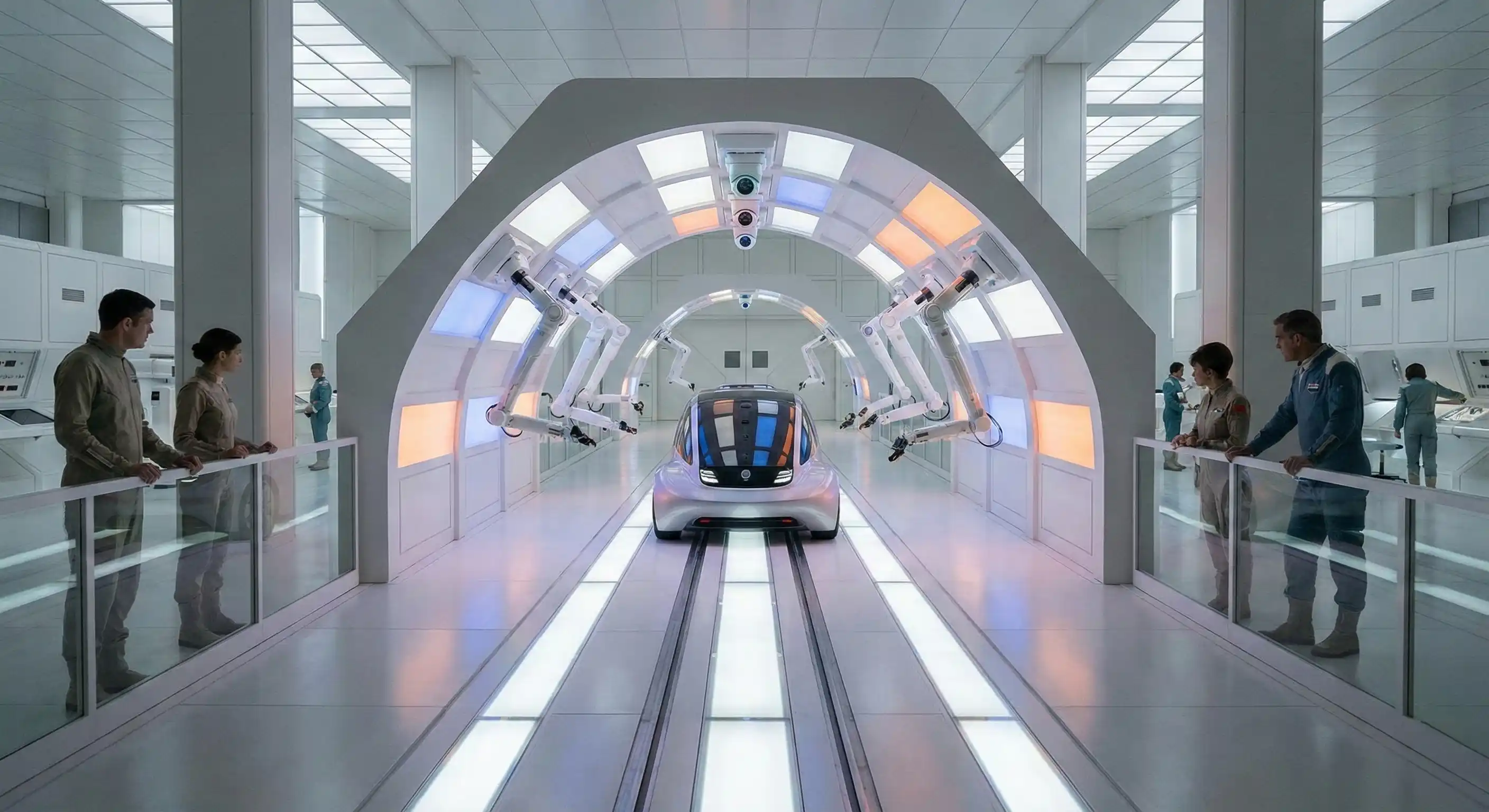Product recalls are expensive. When manufacturers discover that their products contain defects or are not compliant with safety standards, they are responsible for notifying the consumers and removing all affected items from the shelves, warehouses, storerooms, and customers’ homes.
Not even the largest manufacturers are immune to product recalls. In 2023 alone, the following car companies announced a total of 190 recalls:
- Ford: 65 recalls that affected more than 8.6 million vehicles
- Volkswagen: 45 recalls
- Daimler Trucks: 42 recalls
- Chrysler: 38 recalls
And while the direct financial impact of ongoing recalls was highly publicized, there are many additional expenses and damaging consequences that can be even more painful in the aftermath of a recall.
Implications of a Product Recall
The direct cost of a recall, of course, depends on the industry and the type of product, but can easily run into millions, sometimes billions of dollars (Ford, for example, spent $1.3 billion in one year after issuing recalls, while an average food recall is estimated to cost approximately $10 million). Some safety issues, like a contaminated food item found to contain foreign materials not detected by the X-ray equipment or a car with a defective brake assembly can cause serious harm to consumers and should be recalled as quickly as possible, which incurs additional costs associated with conducting product investigations, contacting buyers, reimbursing the consumer, paying for warranty repairs, disposing of faulty parts, and other related steps.
But financial losses don’t stop there. Researchers looked into years of product recall data from the medical device industry to evaluate how recalls affect the speed of product innovation and manufacturers’ competitive strengths. What they found was that a severe recall can delay a company’s rate of innovation, forcing product teams to address safety concerns, instead of focusing on new features and improvements. A recall can give competitors a leg up, especially in industries where bringing a product to market even a few weeks earlier can deliver significant additional revenues. In fact, the more severe a recall, the more it helps propel competitors’ speed of innovation – a big mistake on one manufacturer’s part can cause their competition to quickly grab market share, making recovery for the affected producer slower and more complicated.
Between direct costs, missed opportunities, potential share price drops, damage to consumer and investor confidence, and loss of market share and innovation edge, recalls can cause catastrophic consequences, especially for smaller companies who might not be able to ever recover from a significant recall event.
Rapid Response is Important, But Prevention is Key
Handling a recall with speed, efficiency, and grace is absolutely essential to mitigating harm, salvaging the company’s reputation, and restoring consumer trust in the time of crisis. Visionary leaders, especially in high-profile industries like automotive, food, and medical devices, have recall contingency plans, as well as specialized recovery teams tasked with orchestrating a quick response if a product or part needs to be taken off the market.
But prevention remains the most valuable tool in combating damaging recalls. Ensuring that the manufacturing process follows proper handling procedures, placing accurate and thorough warning labels on consumer products that contain potential allergens, and establishing effective inspection protocols to catch packaging defects are essential to minimizing the risk of potential recalls.
Building a robust quality assurance program requires a comprehensive approach, involving many types of processes, standards, assessment, and analysis techniques. Among the most crucial components of an effective quality management practice is choosing the right technology – automation, AI, ML, and data analytics can significantly improve the manufacturer’s ability to find faulty products before they reach the end consumer, and are able to aid in decision-making, root cause analysis, and continuous improvement.
A Full-Stack Machine Vision Solution
Consistent and effective quality control processes can help manufacturers catch defects before their product reaches consumers, while closing the feedback loop and focusing on continuous quality improvement helps with defect prevention. Elementary’s AI-based machine learning systems does much more than simply detect defects. Our advanced machine vision systems serve as the central hub for manufacturing facilities, providing real-time feedback on quality, conducting root cause analysis, and classifying corrective actions. All the data collected during inspection is fed back into the control systems, empowering manufacturers to adjust their processes in real time. A vision system that “sees” as well as “thinks” can be a tremendous asset to any production line, as an important tool for improving quality, increasing customer satisfaction, and reducing recalls – helping companies save costs, safeguard reputations, and preserve their competitive edge.
Stop Recalls Before They Start
Product recalls can devastate manufacturers through direct costs, delayed innovation, and lasting reputation damage. While rapid response is crucial when recalls occur, prevention remains the most cost-effective strategy. By implementing AI-powered quality control systems, manufacturers can protect their bottom line, preserve their competitive edge, and avoid the catastrophic consequences that even industry giants like Ford and Volkswagen face.
Get in touch today for a demo and see how easy quality control can be.




